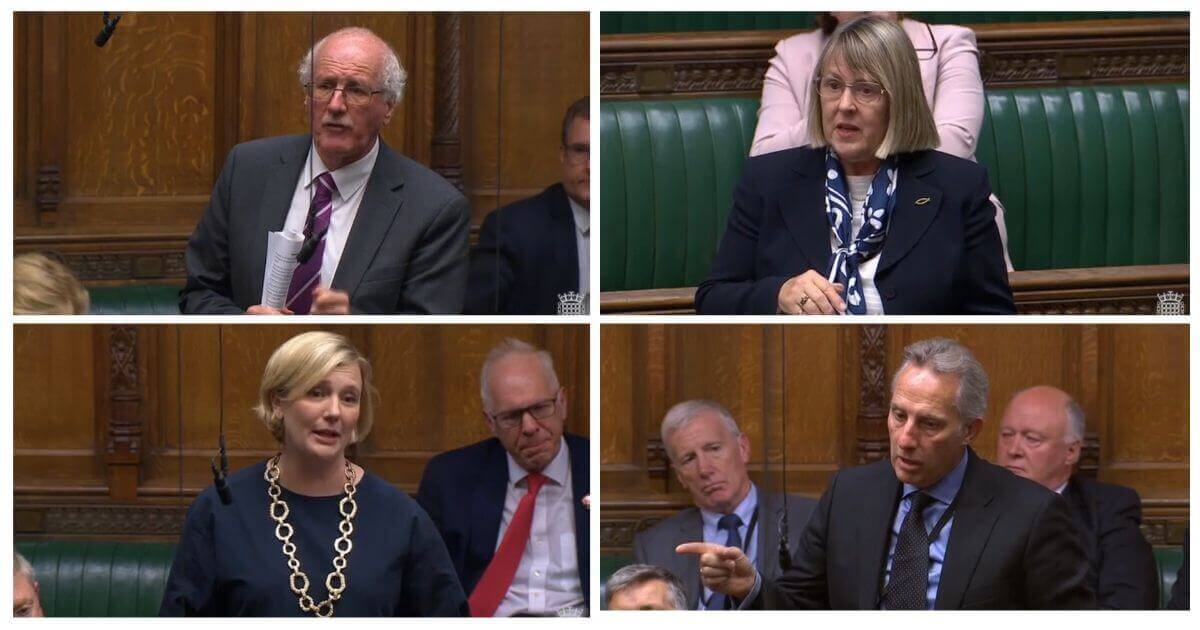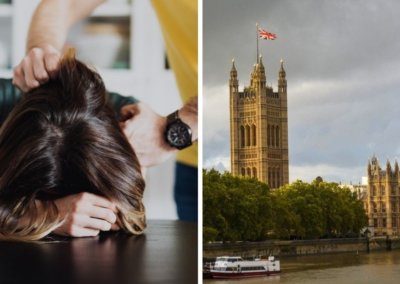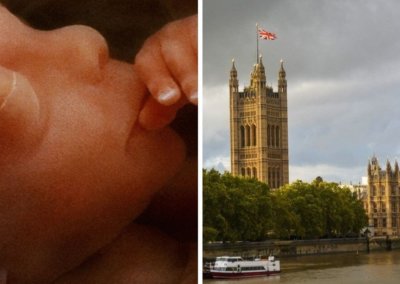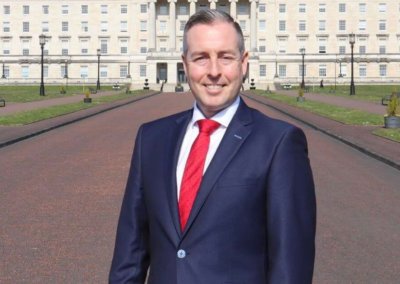A Government Report on the implementation of a new abortion regime in Northern Ireland has been heavily criticised from across the House of Commons with MPs decrying the “total legal chaos” that will result from it.
Without any regulatory or legal framework on abortion before 28 weeks, abortions could be performed almost anywhere, including schools; there would be no requirement for parental consent or involvement for under 16s; there would be no requirement to see a doctor; abortion on the grounds of the sex of the baby would become legal; and as in England and Wales, the state will have the authority to force a woman to have an abortion against her will.
If the new abortion regime comes into effect with no law or framework governing abortion up until the 28th week of pregnancy, it will result in what Ian Paisley MP decried as “total legal chaos”.
Following on from this in a debate in the House of Commons yesterday evening (09/09) MP, Fiona Bruce, questioned how the new law will deal with the issue of forced abortions. In removing the current law, it will no longer be clear how to prosecute someone who forces a woman to undergo an abortion.
She also drew attention to the fact that without any regulatory framework, abortions could take place well past the point at which a child could survive outside of the womb. Ms Bruce described this situation as a “legal vacuum”.
The Report was supposed to review the current abortion law in Northern Ireland, and set out some details for how it will be overturned from the 21st October if Stormont does not reform.
However, in the estimation of a number of MPs from Northern Ireland as well as Conservative and Labour politicians, it failed to do that.
The Report follows a weekend of demonstrations in Belfast where tens of thousands of people rallied against the imposition of this extreme abortion law on Northern Ireland.
The debate takes place as the Government’s Northern Ireland (Executive Formation) Act – initially designed to extend the period for the formation of an Executive in Northern Ireland – is set to radically alter the abortion law in Northern Ireland if the law comes into effect on the 21st October.
Currently, Northern Ireland has strong protections in law for unborn babies, but the new law set to be imposed by Westminster – without the support of a single MP from Northern Ireland sitting in the House of Commons – will repeal sections 58 and 59 of the Offences Against the Person Act, upon which the abortion law in Northern Ireland is based. This will make abortion up until 28 weeks legal without any restriction.
If the Northern Ireland Assembly is able to reconvene before the 21st October, the abortion regime will not come into effect. However, MPs from the House of Commons have drawn attention to the inherent challenges of reconvening Stormont by this date because one of the main parties in that discussion, Sinn Féin, want Westminster’s extreme abortion law to come to Northern Ireland. As such, Sinn Féin have no incentive to reunify the Assembly.
There are around 100,000 people alive today who would otherwise not be, had the Abortion Act 1967 in the rest of Britain, been extended to that region.
Spokesperson for Right To Life UK, Catherine Robinson, said:
“Stormont has consistently rejected abortion and polling has shown that the majority of women in Northern Ireland (66% in general and 70% of 18-34 year olds) do not want abortion law imposed on Northern Ireland from Westminster.”
“The Northern Ireland Act has been hijacked by pro-abortion politicians and the statistics and demonstrations from the weekend show that the people of Northern Ireland do not want this draconian abortion legislation.”












